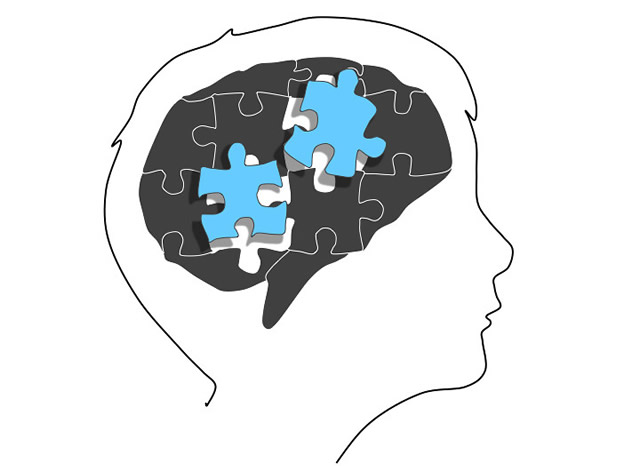
NETHERLANDS - When Robots Can’t Riddle
In the halls of Amsterdam’s Vrije Universiteit, assistant professor Filip Ilievski is playing with artificial intelligence. It’s serious business, of course, but his work can look more like children’s games than hard-nosed academic research. Using some of humanity’s most advanced and surreal technology, Ilievski asks AI to solve riddles.
But the study of AI can be about more than computers. Some experts believe that comparing how AI and human beings handle complex tasks could help unlock the secrets of our own minds.
“In general, reasoning is really hard. That’s an area which goes beyond what AI currently does in many cases,” says Xaq Pitkow, an associate professor at Carnegie Mellon University in the US, who studies the intersection of AI and neuroscience.
Machines still struggle with basic logic, but AI can outperform humans on certain questions that trigger the weaknesses of our minds.
A bizarre truth about AI is we have no idea how it works. We know on a high level—humans built AI, after all. Large language models (LLMs) use statistical analysis to find patterns in enormous bodies of text. When you ask a question, the AI works through the relationships it’s spotted between words, phrases and ideas, and uses that to predict the most likely answer to your prompt. But the specific connections and calculations that tools like ChatGPT use to answer any individual question are beyond our comprehension, at least for now.
The same is true about the brain: we know very little about how our minds function. The most advanced brain-scanning techniques can show us individual groups of neurons firing as a person thinks. Yet no one can say exactly what those neurons are doing, or how thinking works for that matter.
That’s why the best systems may come from a combination of AI and human work; we can play to the machine’s strengths, Ilievski says.
Even if learning how to improve AI doesn’t reveal answers about the hidden workings of our minds, though, it could give us a hint.
-www.bbc.com, 23 September 2024
Arno's Commentary
Artificial intelligence (AI) is not understood by the general public, but as this excerpt of the report shows, scientists are equally troubled. So, in brief, what is artificial intelligence? At this point in time, what man puts into the program, AI spits out—just rearranged. This simplification obviously does not answer the riddles computer scientists are challenged with.
It’s all about information. Here we look at Scripture; the very beginning of creation is based on information: “And God said, Let there be light: and there was light” (Genesis 1:3).
One thing becomes crystal clear when observing the remarkable development of modern science: It is simply leading away from God the Creator to man and his machine creations. Most of us do not fully realize how dependent we are on electronic information. Without it, the modern world would literally collapse.
Interestingly, Mr. Pitkow states: “…complex tasks could help unlock the secrets of our own minds.”
The Bible goes one step further. The mind is generally associated with the brain, but where does it originate? In the heart. Jesus said, “For out of the heart proceed evil thoughts, murders, adulteries, fornications, thefts, false witness, blasphemies” (Matthew 15:19). Proverbs 4:23 advises: “Keep thy heart with all diligence; for out of it are the issues of life.”



